Since its establishment in 1945, the United Nations (U.N.) has played a central role in solidifying international cooperation and promoting global peace and security. However, the U.N.’s ability to fulfil its duties depends on financial contributions from member states. As an entity, the U.N. has several budgets, including the regular budget (covers political missions, the General Assembly workings, Security Council, human rights, and legal affairs), peacekeeping budget (covers the U.N. peacekeeping missions in areas of conflicts), and voluntary budgets (covers the activities of the UNHCR, WHO, WFP and other similar agencies). As advertised by the U.N., the organization is facing a huge financial deficit that can jeopardize its global role, thereby affecting global security.
Moreover, the U.N.’s financial deficit could have several implications, including worsening humanitarian crises, allowing regional organisations to fill the gap left by the U.N., and jeopardising the global order it has sustained following the end of the Cold War.
Budgetary Deficit
The U.N. General assembly approves the regular budget on an annual basis. In 2025, the U.N. budget accounts for approximately $3.7 billion compared to nearly $5.6 billion in 2024 and $6.1 billion in 2023. The decline in U.N. annual budget signals its inability to raise funding from the member states.
As of May 2025, contributors still owe approximately $2.4 billion in unpaid regular dues and nearly $2.7 billion for peacekeeping operations. The U.N. has briefed its member states that the 2026 budget will experience a cut of 17% ($600 million of the $3.7 billion), which may push the U.N. to freeze recruitment and opt to not renew the contracts of a large number of its employees, which would jeopardize the U.N.’s ability to effectively perform its duties.
Given the recent developments in global politics, the Russia-Ukraine War, the Israel-Hamas War, and the Israel-Iran War, it was expected that the U.N. would increase its annual budget to accommodate these changes and to ensure maintaining global peace and security.
However, failing to convince contributors to pay their current dues and increase their share reflects a rising global scepticism in the U.N.’s efficiency, as countries tend to allocate more money nationally to deter security threats. For instance, U.S President Donald Trump, has taken steps to cut funding for the United Nations.
On Feb. 4, 2025, Trump signed an executive order that withdrew the U.S from UNHRC and halted funding to UNRWA, while initiating a review of all U.N. funding. Moreover, the Trump administration’s proposed 2026 budget plans to reduce federal funding for international affairs from $58.7 billion to $9.6 billion. The United States plans, if implemented, would affect the functionality of the U.N. and limit its abilities to maintain peace.
Potential Implications
The decline in the UN role would impact its peacekeeping missions in the world. Currently, the UN has deployed 68,536 personnel across 11 peacekeeping missions working in Kosovo, Cyprus, Golan, Lebanon, Jerusalem in Palestine, Abyei, South Sudan, Central African Republic, Congo, Western Sahara, and India & Pakistan. Cutting the funding of the U.N. will eventually may lead to downsizing its personnel working in these missions, which means that peacekeeping forces may not be able to carry out their responsibilities. This can negatively affect peace arrangements in areas where the U.N. peacekeeping operations are working, as wars might recur between conflictual parties.
The diminishing role of the U.N. would make member states less confident in the functionality of the organisation, and all affiliated bodies including the U.N. Security Council, which might motivate countries to use power rather than diplomacy to solve political disputes, potentially increasing the rate of international conflicts significantly. Currently, the U.N. has failed to end the Israel-Hamas War and the Russia-Ukraine War, indicating that the U.N. Security Council is uncapable of acting to maintain global peace, which might motivate countries to depend on themselves to end their conflicts.
Additionally, experiencing a significant financial deficit indicates that the U.N. might rationalize its expenditure through a set of measures, including not renewing the contracts of thousands of its staff members across different entities, such as but not limited to, the UN Refugee Agency and the World Food Programme. This may not only affect the U.N.’s operational capacity across different missions, but also it may cause delays in delivering humanitarian aid, deploying peacekeeping forces, and responding to urgent crises.
Global Humanitarian Crisis
A significant financial deficit for the U.N. can cause a global humanitarian and refugee crisis. Currently, the UNHCR has 36.8 million refugees under its mandate, an additional 8.4 million asylum seekers who are financially assisted by the UNHCR, and 5.9 million refugees under the mandate of the UNWRA.
The U.N. financial deficit would reduce aid provided to refugees and asylum seekers, further endangering them. A financial deficit could also lead to suspension of critical services provided by the U.N. to refugees, including clean water, shelter, healthcare, and education.
Vulnerable populations, including women, children, the elderly, and persons with disabilities, would be the first to suffer from these cutbacks, facing heightened risks of malnutrition, illness, and exploitation. Cutting funding would increase the economic burden on the host countries, especially that many of them experience economic crises that would limit their ability to provide more support for refugees. For instance, Lebanon has approximately 1.5 million Syrian refugees and around 489,000 Palestinian refugees, and the country has been experiencing a severe economic crisis. As a result, host countries might adopt more strict measures against hosting new refugees, and may also forcibly deport current refugees to their home countries or even surrounding countries.
There is also a possibility that many refugees might become involved in criminal activities to survive and support their families, especially if their host countries decide not to fill the gap left by the United Nations. Finding themselves exposed to hunger, without shelter, and with no medical services might drive refugees and asylum seekers to unlawful activities, in an attempt to survive. Furthermore, feelings of discrimination, isolation, and frustration could also lead to an increase in violent crime committed by refugees, as some might seek vengeance from the host countries for not being able to fill the gap left by the United Nations.
Such developments may increase tensions between refugees and host countries, especially if locals begin to associate refugees with rising rates of crime, which may damage the relationship between both sides and weaken the sense of social unity and stability in the host country. Additionally, refuges who are in need could be recruited by foreign countries for spying activities in return for money. Over time, social divisions may grow stronger, and public support for refugees may decline.
Rising Role of Regional Organisations
There are also political implications to the financial crisis that may face the United Nations. If the U.N. is unable to perform its duties, including peacekeeping, delivering humanitarian aid, and resolving global conflicts, this would create a serious political gap in the international system. The U.N. has always been the place where most countries, especially weaker or poorer ones, could raise their voices and take part in global decision-making. Losing this role would push many countries to increase their dependence on regional governmental organisations, such as the African Union, the Arab League of States, and the European Union.
Since these organisations do not have enough resources like the U.N., their main emphasis would be directed to only regional affairs with the possibility of mediating in conflicts that occur in other areas of the world. For instance, the EU hosted peace talks and facilitated dialogue between Armenia and Azerbaijan to end the 2022 Nagorno-Karabakh conflict. Moreover, member states of these regional organisations could increase their share to enable these organisations to perform some of the duties that are currently performed by the United Nations. To ensure fulfilling their new role, some of these organisations might undertake structural reforms, such as, but not limited to, creating a military council to undertake the tasks that are currently conducted by the U.N. Security Council. For instance, the agreements that created these regional organisations could be amended to allow creating a new force that could be mandated to intervene militarily to prevent one country from invading others.
New Global Order
The financial deficit that the U.N. is currently experiencing does not only affect its operations, but also threatens the global order that has been maintained since the end of the Second World War. This order is based on the presence of a strong international organisation that is responsible for maintaining peace and security, resolving conflicts, and protecting human rights.
However, recent budget cuts, the failure of member states to pay their dues, and the declining trust in the U.N. show that it may no longer able to fulfil the duties. We are shifting to a multi-polar world, with China, Russia, Japan, the European Union gradually rising to play a vital global role, thereby shaping the new global system. Furthermore, the world might become divided into separate blocs, with each one led by a major power or group of countries. This would weaken the global system that promoted cooperation and collective action, and may lead to more tensions and instability across the world.
References:
Afghanistan International. (2025). Iranian Police Seize Afghan Migrants’ Phones Over Suspected Links to Israel. https://www.afintl.com/en/202506276942
Daily Sabah. (2022). Pashinyan to meet with Aliyev in Prague for EPC. https://www.dailysabah.com/politics/diplomacy/pashinyan-to-meet-with-aliyev-in-prague-for-epc
Premium Times. (2025). UN’s Financial Crisis deepens, cuts spending, freezes hiring, scales back services. https://www.premiumtimesng.com/news/top-news/795529-uns-financial-crisis-deepens-cuts-spending-freezes-hiring-scales-back-services.html?utm_source=chatgpt.com
The UN Refugees Agency. (2025). Refugee Data Finder. https://www.unhcr.org/refugee-statistics
United Nations Peacekeeping. (2025). Where we operate. https://peacekeeping.un.org/en/where-we-operate
United Nations. (2024). General Assembly Approves $3.72 billion UN budget for 2025. https://news.un.org/en/story/2024/12/1158531
USA Facts. (2025). What’s in Trump’s 2026 budget proposal. https://usafacts.org/articles/whats-in-trumps-2026-proposed-budget/

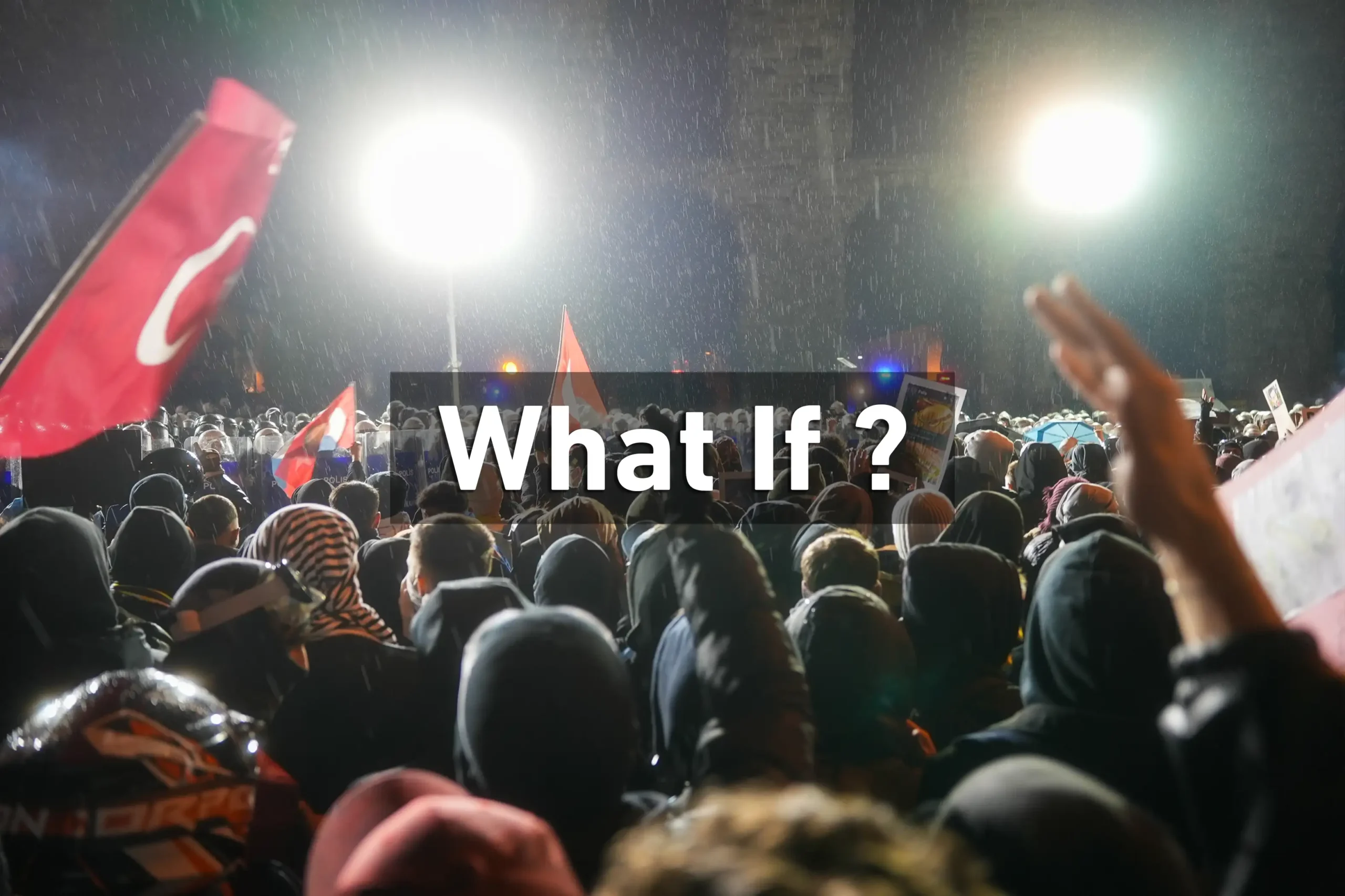
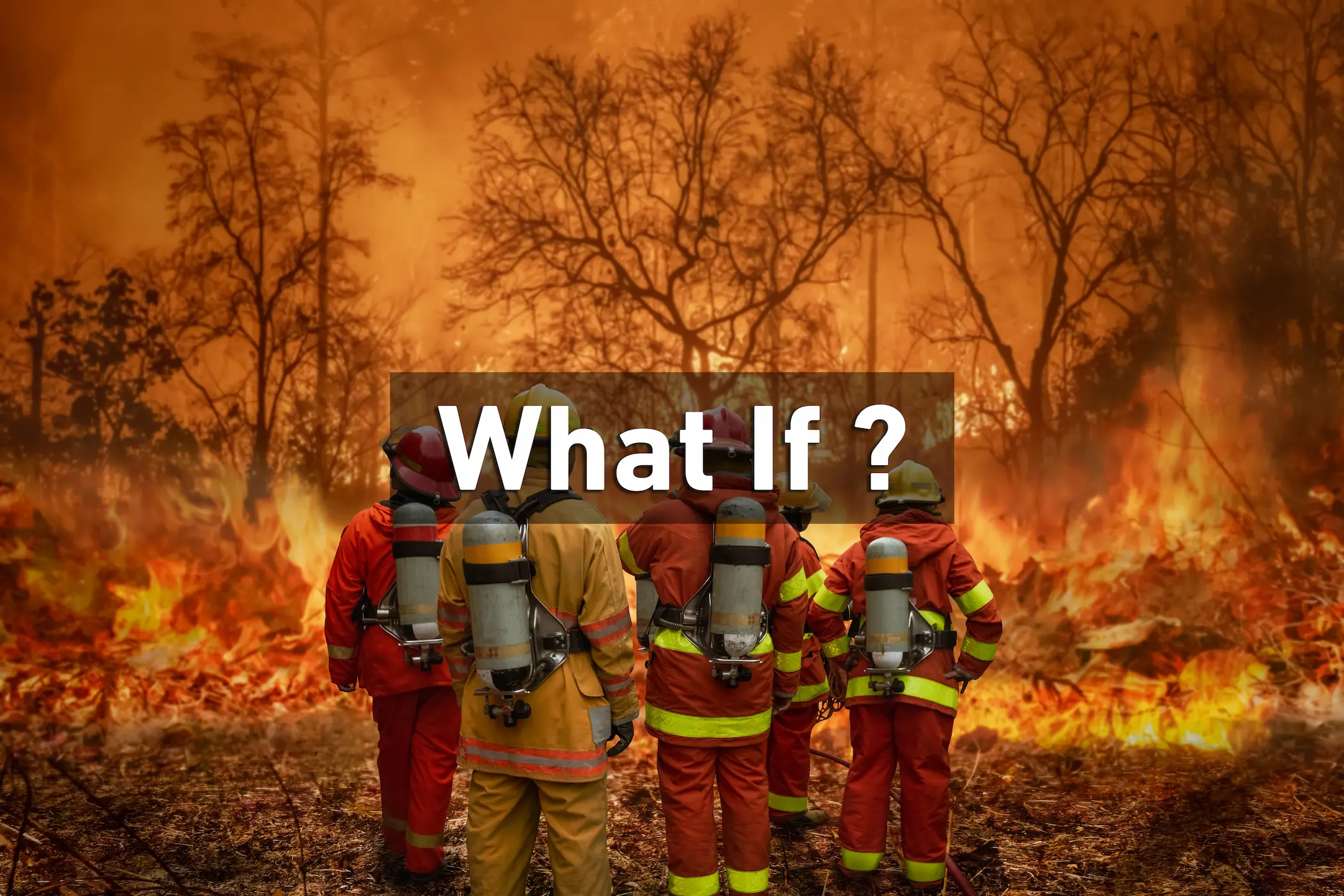


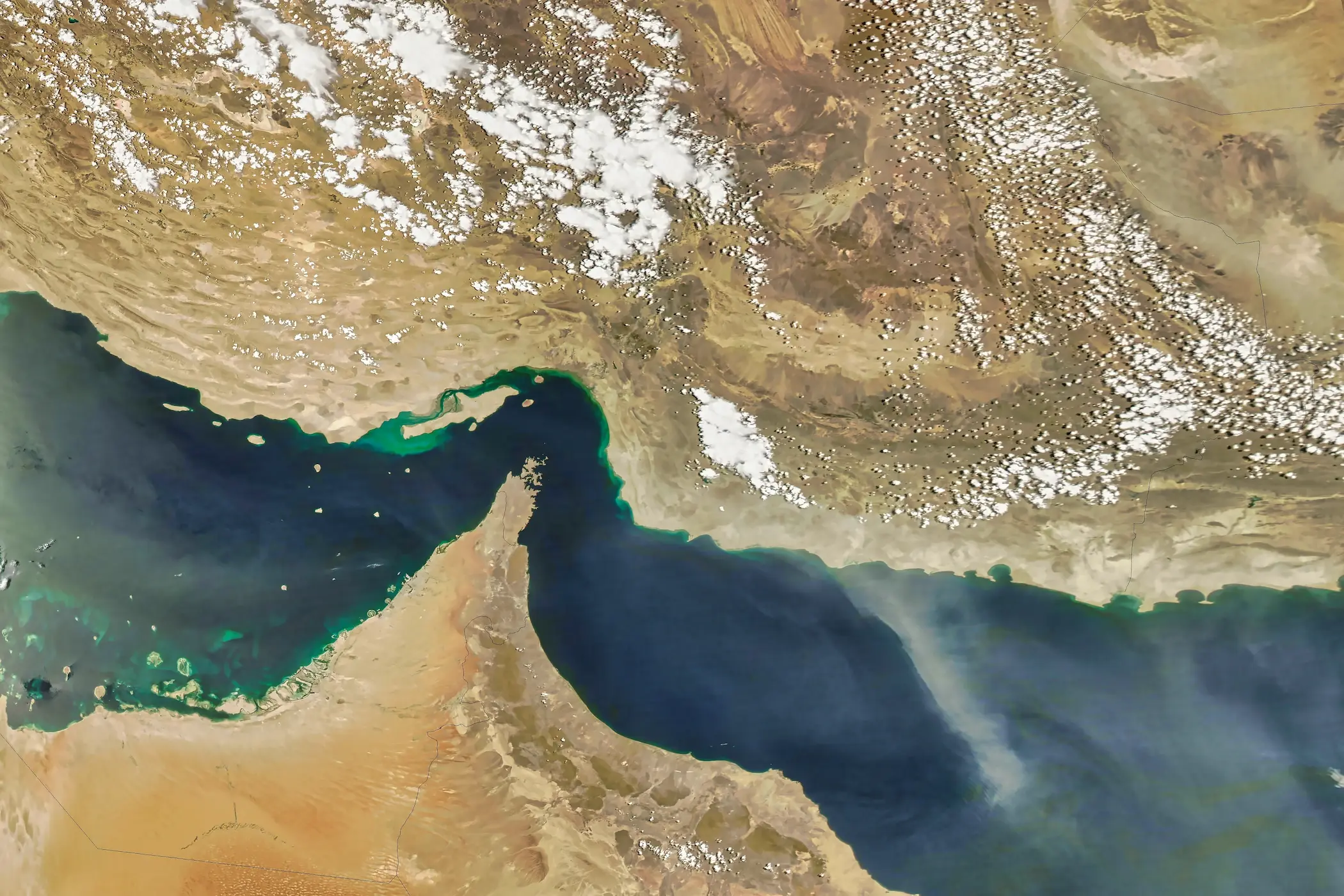


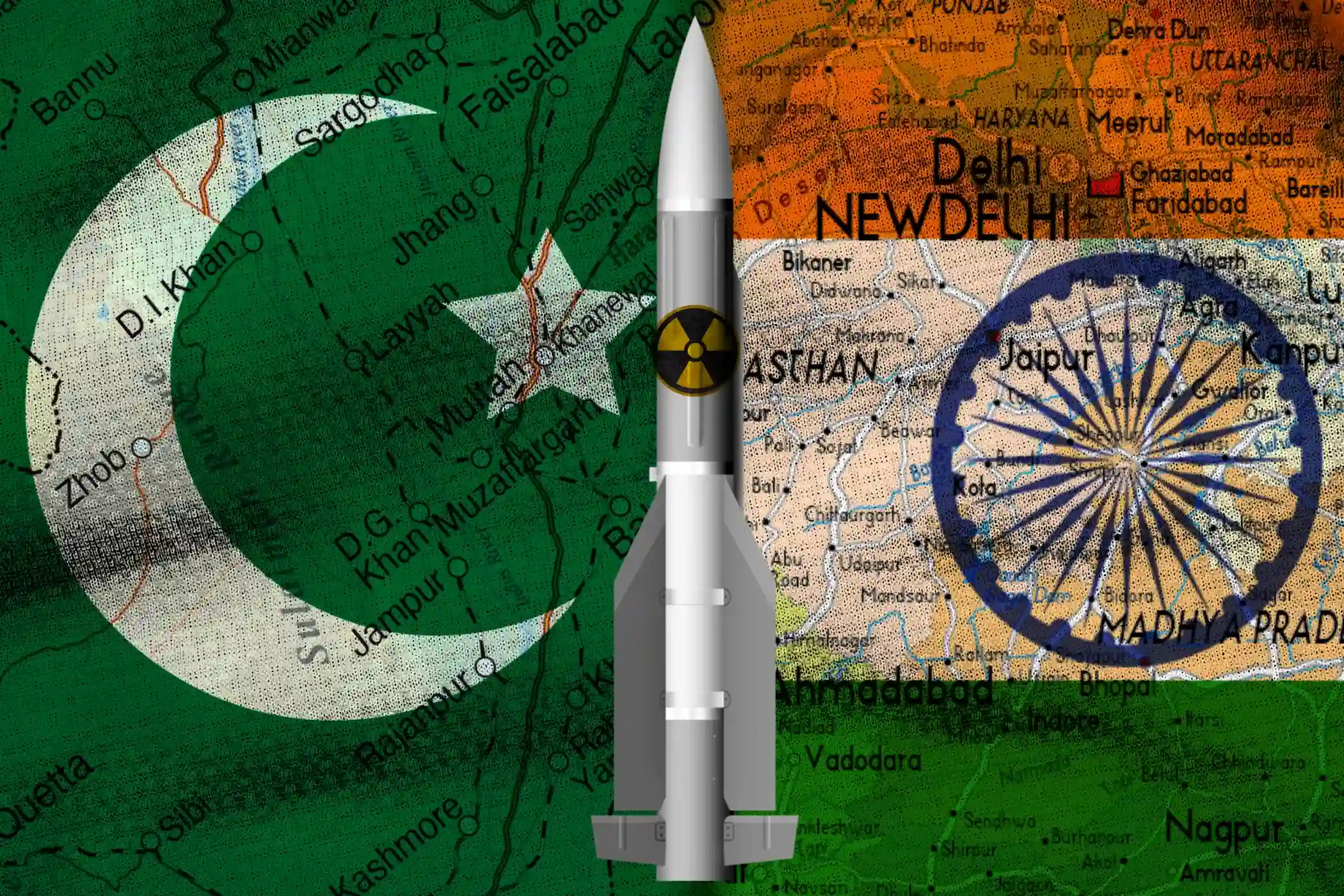



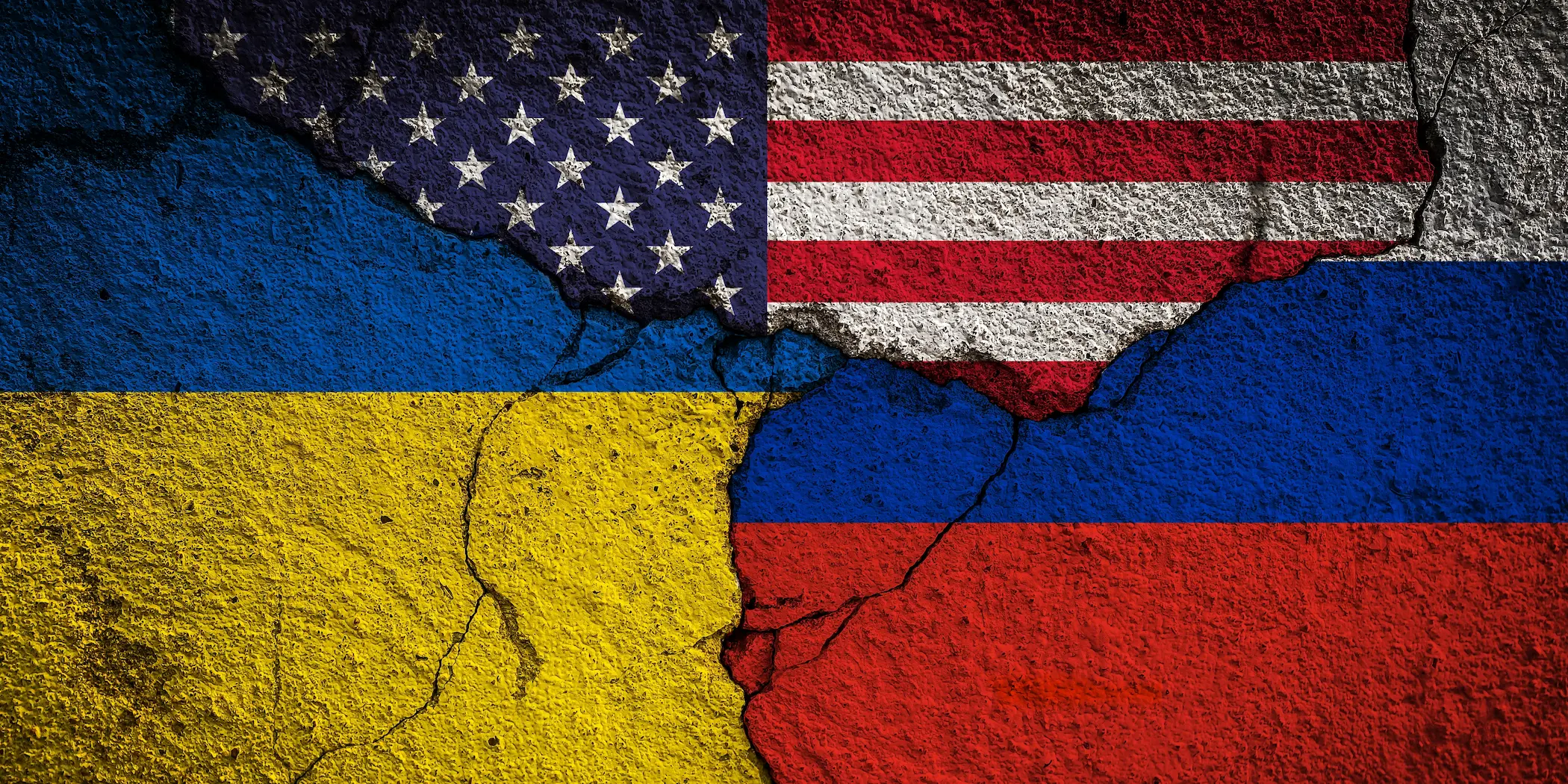









Comments